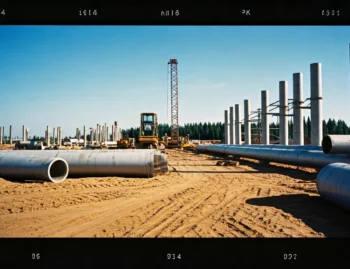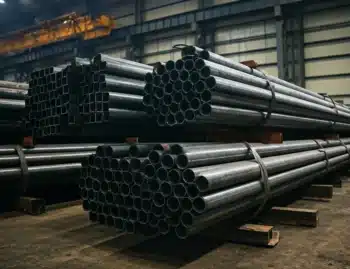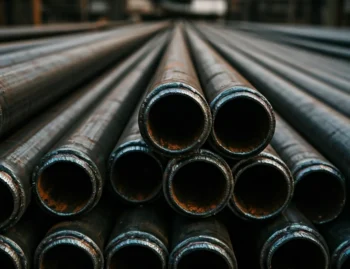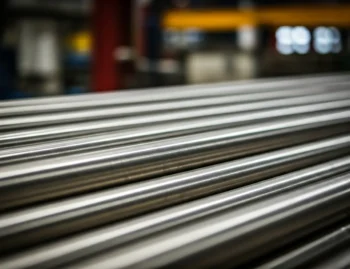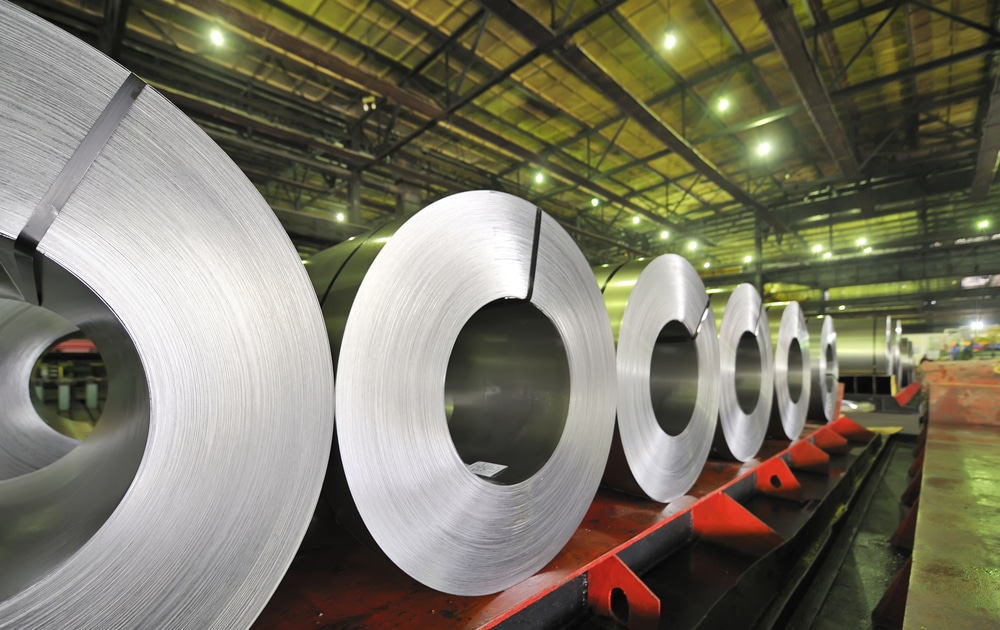
Steel is renowned for its durability, hardness, and toughness. Frequently referred to as the “strongest alloy on Earth”, this versatile materials is technically a blend of iron and carbon, instead of a pure metal makeup. Conversely, natural metal that is sourced from the Earth has a built-in malleability, making it less strong than its steel counterpart.
What Kind of Material Strength Do I Need?
When it comes to material strength, you’ll have to determine your requirements based on application. Strength is not defined by one measurement of a metal or alloy.
Different industries use steel for a variety of applications. Therefore, when assessing the strength of steel, it’s important to understand relevance. Do you need a flexible steel sheet to mold an automobile body? Or are you seeking thick-walled steel piping for the transportation of gas and oil?
Strength is measured in metals by how they responds to pressure from several locations and sources. Metal is commonly evaluated by several types of strength including:
- Tensile strength (includes yield, ultimate, and breakable strength)
- Impact strength
- Compressive strength
The specific application of the steel will determine how well it holds up to other metals.
The Strength of Steel
The strength of steel varies depending on its overall composition. Steel is mainly composed of iron, but the presence of carbon is the largest contributor to steel’s overall strength. The amount of steel variation may not seem significant at first glance since steel is typically only comprised of 1.5 percent carbon. Yet, even this minute presence of carbon will drastically change the strength of steel.
Other impurities offer added strength and hardness to steel.
Steel can get its strength from impurities including:
- Carbon
- Silicon
- Phosphorus
- Manganese
Other materials can also serve as additives in small amounts to enhance the defensive qualities of steel, such as rust resistance without diminishing the strength of the alloy.
Aluminum
Steel has a significantly higher tensile strength than aluminum. It is approximately 2.5 times denser, therefore making it a superior industrial choice. Firstly, it is much harder, making it resistant to warping, bending, or heat damage. Secondly, aluminum is susceptible to corrosion, which also weakens the material.
Iron
Steel’s strength over iron is presented in terms of tensile strength and yield — referring to how much pressure is required to permanently deform these metals. Pure iron has a yield strength of approximately 10,000psi, while you’ll be hard-pressed to find a steel with a yield strength below 30,000psi.
Furthermore, through heat-treatment and the addition of other compounds, steel’s tensile strength can even be improved beyond its innate limits.
Titanium
Titanium is perhaps steel’s most worthy opponent. This incredibly strong metal is lauded for its strength-to-weight ratio. While titanium is about 45% lighter than steel, it is just as strong, making it a favorable pick for some applications, such as aircraft parts.
However, stainless steel still has a higher ultimate tensile strength and overall yield strength, though titanium’s per unit mass yield strength is considered higher.


